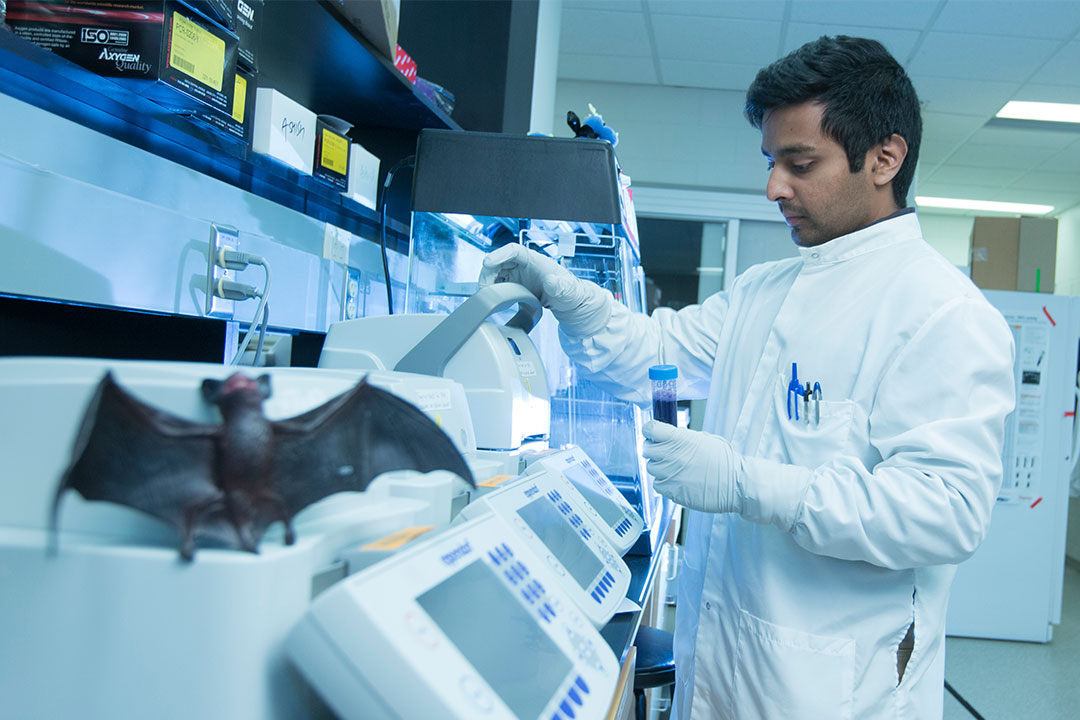The non-profit organization, launched June 26 as the sixth affiliate of the international Conversation network, provides a distribution hub for academic knowledge, featuring articles written by researchers in their areas of expertise and edited by experienced journalists.
Each article is published under Creative Commons and is available to be republished without a fee. The Canadian Press/La Presse Canadienne is the founding media partner and distributes the Conversation Canada content on its newswire. More than 500 Canadian scholars have already registered as contributors.
“The Conversation Canada opens a new channel for University of Saskatchewan researchers to share their knowledge widely and explain the impact of their ideas and research in addressing important societal challenges,” said Karen Chad, U of S vice-president research.
So far 17 universities have joined The Conversation Canada as founding partners, along with Universities Canada, three foundations, and a research institute. The Social Sciences and Humanities Research Council has contributed $250,000.
“The Conversation Canada is a vital addition to public discourse at a time when high-quality journalism is in demand and the for-profit media sector is in decline,” said Scott White, former editor-in-chief of the Canadian Press who is The Conversation Canada editor.
Globally, The Conversation site attracts 5.2 million users per month and reaches 35 million through free republication. Over 22,000 media outlets around the world use content from The Conversation, among them The Washington Post, Maclean’s, Le Monde, and The Guardian.
U of S veterinary PhD candidate Arinjay Banerjee, pictured above, has contributed articles to the global website of The Conversation. He says The Conversation is a “great platform” to share research knowledge with the public.
“It’s a great opportunity to learn how to express your science in jargon-free language for a non-scientific audience. For researchers, it is also a platform to collaborate with others,” he said.
White and a team of five commissioning editors operate out of a main newsroom at the University of Toronto and a newsroom at the University of British Columbia. They will pilot the new service over the summer and ramp up to full production for September, which includes a commitment to a bilingual site.
“The interest and engagement from researchers across the country as word has spread that we’re preparing for launch has been amazing,” said White.
Other participating universities are: Concordia University, Dalhousie University, Laurentian University, McMaster University, Memorial University, Queen’s University, Ryerson University and the Faculty of Communication and Design, University of Alberta, University of British Columbia, University of Calgary, University of Guelph, University of Manitoba, University of New Brunswick, University of Toronto, University of Waterloo and University of Winnipeg.
Since its launch in Australia in 2011, The Conversation has expanded to the U.K., the U.S, France and Africa, as well as a global site. The network has more than 85 commissioning editors and 30,000-plus academics registered as contributors.
